Agriculture
In southern Angola droughts are cyclical and are getting more severe.
The Angolan government has invested in agricultural training provided by field schools (ECA's) in order to help local communities to maximize crop yields.
The initiative is supported by the government, international NGO's and the European Union.
"Farmers already know, it just takes coordination. Planning is key within the agricultural calendar of any village or community. They always have some doubts in the fight against pests and diseases, in the technique of land preparation", said agricultural expert, Eduardo Álvaro.
From choice of seeds, to the type of produce and how it is grown using natural fertilisers, these are only some of the techniques that are taught in these schools.
Peasants also learn what not to do, like avoiding uncontrolled burning.
Maria Muapeletchi Limala, is an ECA facilitator. She acquires new knowledge and helps others in the process.
"My way of farming has also changed. Before I used to do unnecessary burning. At the school I learned how to do controlled burning...", says the young farmer.
A total of 139 schools have already been implemented across three provinces in southern Angola: Huíla, Cunene and Namibe. The aim is to reach 300 schools, covering 8,000 peasants, including water infrastructures for human consumption.




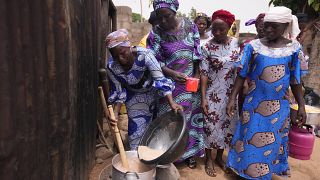
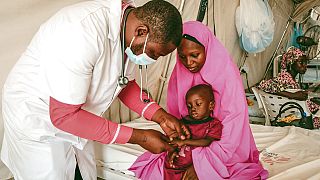
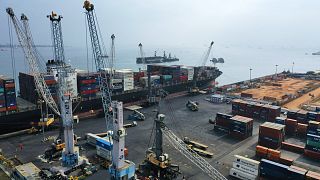



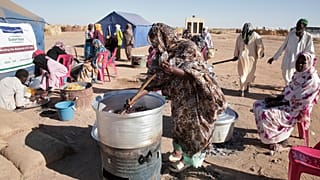
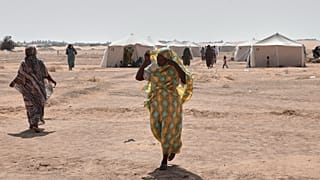

01:17
Iran scrambles to induce rain as years-long drought triggers water crisis
02:24
UN orders probe into alleged atrocities in Sudanese city of Al-Fashir
Go to video
Climate Action tracker shows world is not on target to limit global warming to 1.5C
01:03
Morocco expects bumper olive harvest after years of drought
01:33
Scientists race to recover vital natural archive from rapidly melting glaciers
01:24
COP30: Protesters call for more urgent action to combat climate crisis